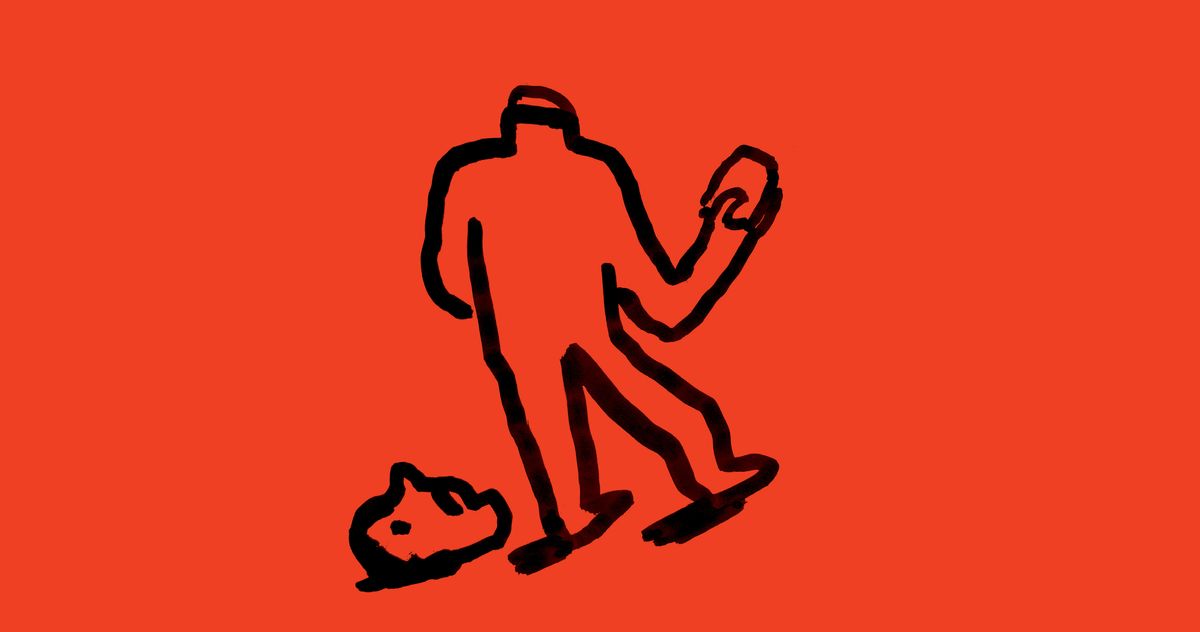
"Experts were sure that the 20th century would make us stupid. Never before had culture and technology reshaped daily life so quickly, and every new invention brought with it a panic over the damage it was surely causing to our fragile, defenseless brains. Lightbulbs, radio, comic books, movies, TV, rock and roll, video games, calculators, pornography on demand, dial-up internet, the Joel Schumacher Batman s - all of these things, we were plausibly warned, would turn us into drooling idiots."
"The test results told a different story. In the 1930s, in the U.S. and across much of the developed world, IQ scores started creeping upward - and they kept on going, rising on average by roughly three points per decade. These gains accumulated such that even an unexceptional bozo from the turn of the millennium would, on paper, look like a genius compared to his Depression-era ancestors."
Rapid cultural and technological change in the 20th century provoked recurring claims that new inventions would degrade human intelligence. Contrary to those panics, IQ scores began rising in the 1930s across developed countries and continued rising by roughly three points per decade. These cumulative gains meant later generations scored far higher on standardized intelligence tests than earlier generations. Genetics could not plausibly explain such swift change, so environmental and societal shifts are implicated. Improved education, more abstract work, broader media exposure, and everyday demands that favor classification and generalization likely enhanced the cognitive skills that IQ tests measure.
Read at Intelligencer
Unable to calculate read time
Collection
[
|
...
]